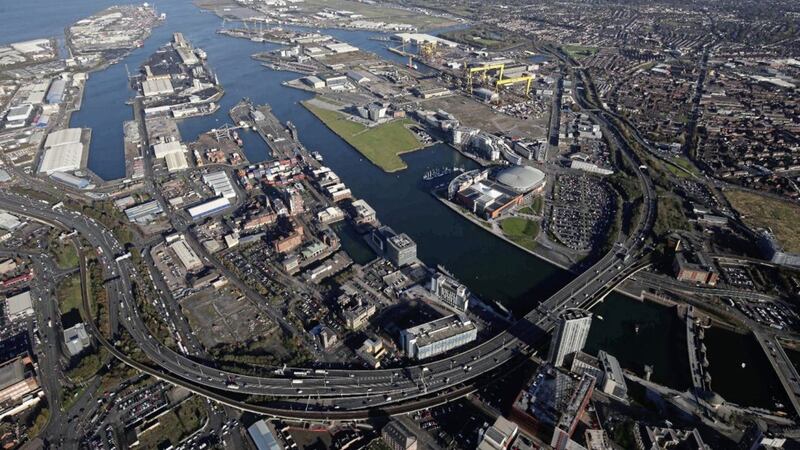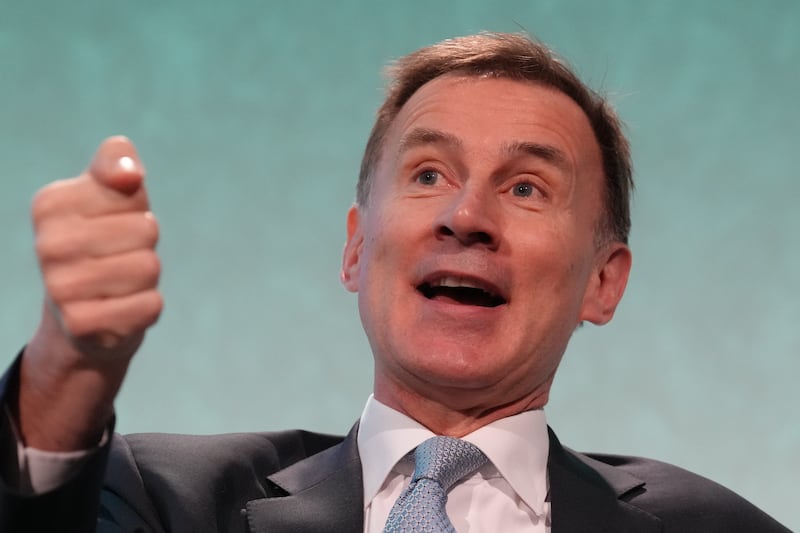THE Northern Ireland economy has seen modest growth in the first quarter of the year, new figures show.
Statistics from the Northern Ireland Composite Economic Index (NICEI), released by the Department for the Economy (DfE), show that growth was driven by slight increases in manufacturing and construction, although the services sector declined by 0.2 per cent.
The number of employee jobs is at a record high of 778,240, with much of the growth coming from the private sector.
The economy grew by 1.6 per cent over the year, however the UK's economy as a whole is growing at a faster rate than the north.
And Northern Ireland is still yet to fully recover from the downturn in the late noughties.
The north's growth is still 4.4 per cent below its maximum value in the second quarter of 2007.
The DfE does not produce economic forecasts but it highlighted predictions from external bodies which all point to an economic slowdown.
The Economic Policy Centre at Ulster University, Danske Bank and Ernst & Young have all predicted a slowdown.
Danske Bank said it expects economic growth to remain subdued due to continuing uncertainty and slower global economic growth.
Ernst & Young predicted the north's growth to be slightly below the UK rate due to tighter labour market conditions and accelerating wage growth.
Meanwhile, Ibec, the group that represents businesses in the Republic, has forecast growth of 4 per cent this year.
It said the economy is reaching its peak and growth will moderate to 2.7 per cent by next year.
But it warned that a no-deal Brexit could hugely impact on the Republic's economy by leading to cancelled investments, falling consumer confidence, rising costs and significant trade disruption.
In the event of a no-deal, the Republic's growth would more than halve next year and employment growth could fall to below 0.5%, Ibec warned.
Ibec chief economist, Gerard Brady, said after-tax household incomes have increased by a quarter in five years.
He said living standards had not increased so strongly since the late 1990s.
"This has been matched by no other economy in the developed world," he said.
"However, the story is not all positive.
"2018 was the first year where the value of Irish indigenous exports fell since 2011.
"This trend has been reversed in the early months of 2019 driven by continued increases in production in both the alcohol and dairy sectors.
"Both sectors will face challenges over the coming year due to US tariffs and Brexit.
"Ibec analysis has shown that Irish goods are the most exposed, on a per capita basis, to the proposed US tariffs on EU goods.
"Irish exports worth €818 million could be hit by new tariffs."








